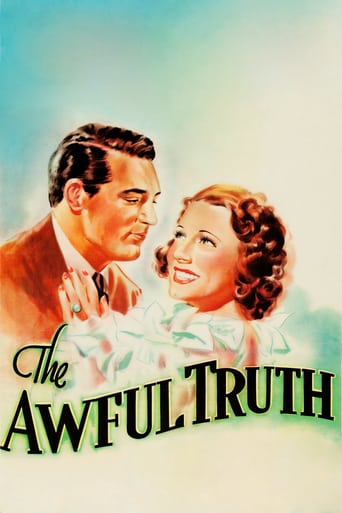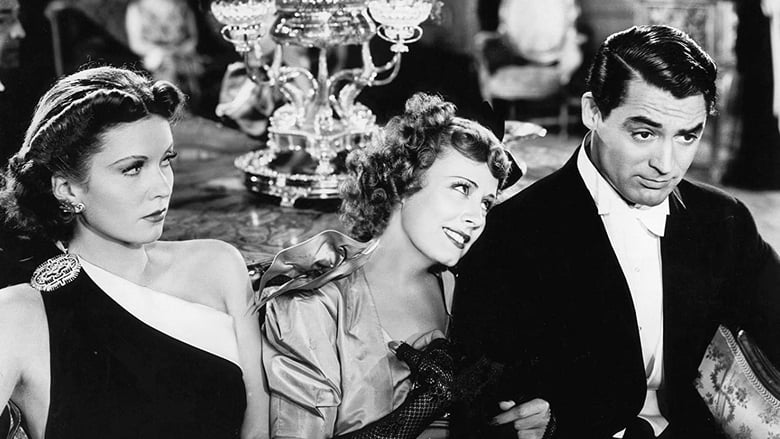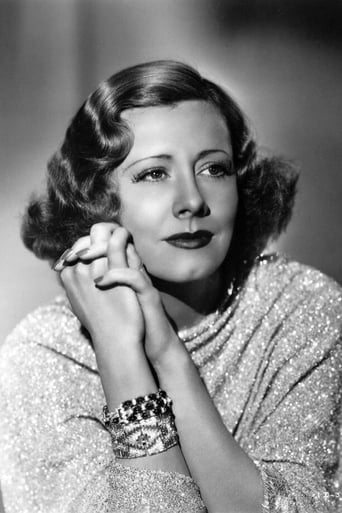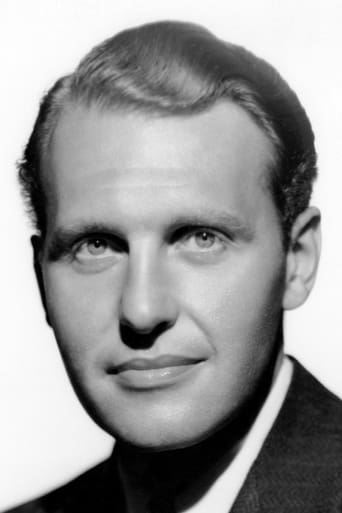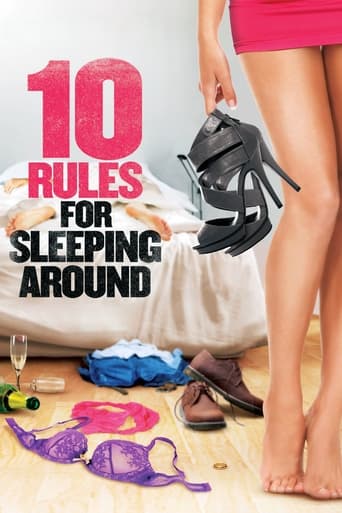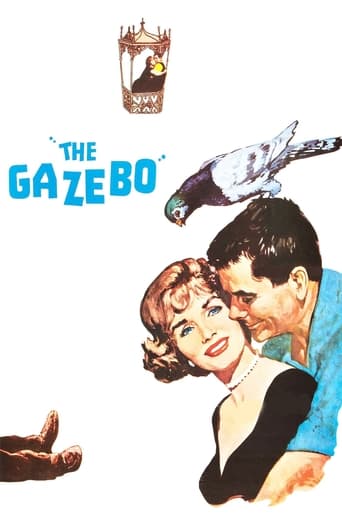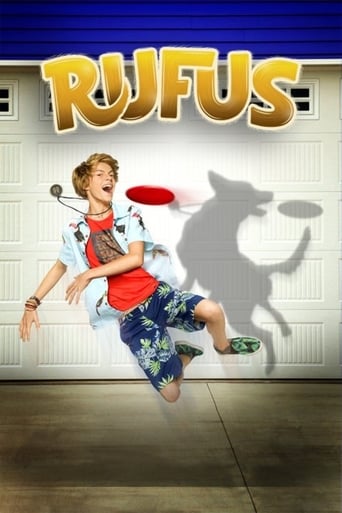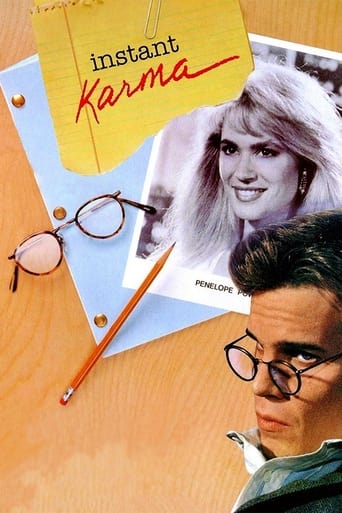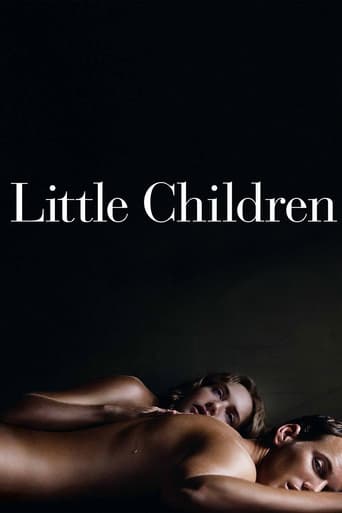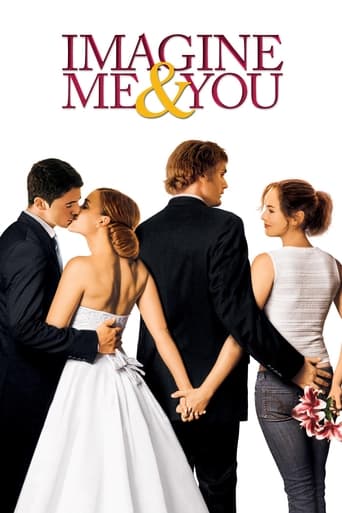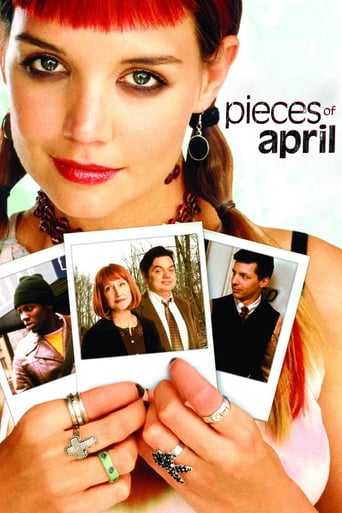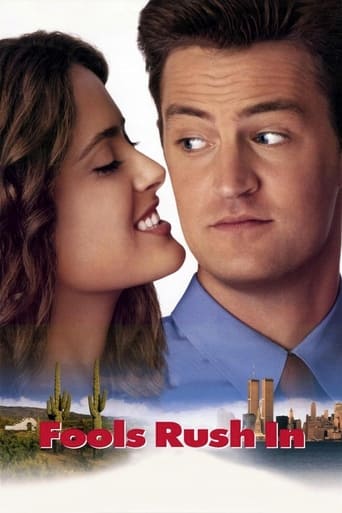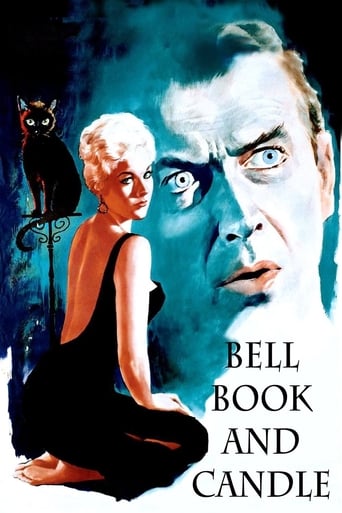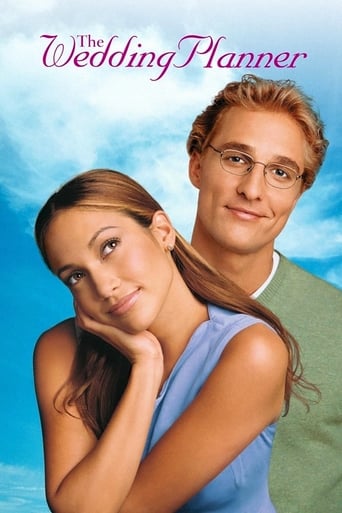The Awful Truth (1937)
Unfounded suspicions lead a married couple to begin divorce proceedings, whereupon they start undermining each other's attempts to find new romance.
Watch Trailer
Cast


Similar titles
Reviews
For a film made so long ago, "The Awful Truth" seems to have aged extraordinarily well. Although it is completely free of crass and raunchy remarks, it still has a modern feel to it, and this is largely because it follows such a universal story-a story that could be told during any time period. It is also a film that has a timeless and witty sense of humor; one that will be appreciated and beloved for generations to come.Masterfully directed by the great Leo McCarey, this film shows a classic battle of the sexes, which eventually escalates into sheer chaos. Not all of the humor is laugh out loud, but it is never at all unfunny. There's nothing annoying or overly stupid in this film, but the humor still does delve into the ridiculous and silly; but it does so in a way that is charming and flat out hilarious.
The traditional definition of 'comedy' entailed tensions being resolved through a wedding in the finale. Fittingly, The Awful Truth, opens with tensions reaching a breaking point, and its central romantic couple filing for divorce – as clear an indication as any of director Leo McCarey's allegiance to convention. As infamous for its chaotic, improv-heavy shoot as for its firm cementing in any list of 'top screwball comedies,' there is certainly nothing awful about The Awful Truth, except perhaps the ensuing pain in one's side from laughing too hard. Although the film practically crackles with the energy and vivacity McCarey stirred up throughout the shoot, the film's premise does lend it a slightly more reflective and melancholy timbre than the average whizz-bang silliness of the screwball subgenre. Although divorce was not as much of a rarity in the 1930s as many would believe, films frankly engaging with the concept were still comparatively few and far between (between this film, and the subsequent The Philadelphia Story and His Girl Friday, it seemed to happen to Cary Grant more than anyone else in history). As such, even the ensuing hijinx of Grant and Irene Dunn attempting to sabotage each other's attempts at finding romance elsewhere can't help but play with more of an undercurrent of bitterness and secondhand embarrassment to a contemporary audience than was likely intended at the time. Rather than detracting from the enjoyment, however, this lends the film a curious poignancy even as the pace, pratfalling, and cascade of deliciously clever zingers (including arguably coining the now vernacular term 'rebounding'), generally employed to only barely buffer the film's bawdy sexual undertones, continue to keep the audience wildly entertained throughout. The film remains a delightfully loopy farce, with an almost Shakespearian penchant for mistaken identities and uncouth situations, which ultimately builds towards a climax that dismantles social posturing and, fairly unsurprisingly and conservatively, advocates reuniting (chuckle-worthy cuckoo clock sight gag and all). It's in the strength of the lead performers that this climax, as well as the tone of the film as a whole, feels natural and heartfelt rather than contrived. Both Grant and Dunn, just starting to hit their strides as comedic juggernauts, balance the most acerbic tweaking of their twinkling personas with a seldom seen vulnerability and sweetness, and their chemistry is truly one for the ages. Grant, only starting to cultivate the image of 'THE Cary Grant,' is at his tumbling, righteously indignant grumbling, quipping best, whereas Dunn proves as masterfully skilled at winning roars of laughter form the slightest twitch of her nose to her iconic lampooning of a drunken floozy. Providing considerable support, Ralph Bellamy essays his best lovable buffoon (complete with an unforgettably hilarious cringe-worthy duet of "Home on the Range" with Dunn), while Cecil Cunningham pilfers most of the best one-liners as Dunn's quick-witted Aunt Patsy. The rest is cinematic history: McCarey took home the Academy Award for Best Director (Dunn and Bellamy were also nominated), and, over seventy years later, the film remains a winningly vibrant screwball classic. Silly, but with an appropriate dash of sobering, and wildly exuberant without becoming exhausting, watching or rewatching this delightful film is an opportunity that shouldn't be passed up. And that's the Truth. -9/10
Leo McCarey directs this screwball marital comedy that stars Cary Grant and Irene Dunne as a divorcing couple who secretly still love each other, so try desperately to thwart the other's romance: He to a "haughty" socialite(Molly Lamont), she to a "country bumpkin" oil magnate(Ralph Bellamy) He comes up with a scheme to visit their dog Mr. Smith, she tries to convince his fiancée that she is his scandalous sister. Guess what happens next. Oddly unappealing comedy has some laughs, but two obnoxious lead characters that aren't as wonderful as they think they are; stacks the deck by making their rivals look bad, which was grossly unfair. They really didn't seem that awful to me.
May be the best 'screwball comedy' of them all. Grant and Dunne are perfect, and they have perfect support from Ralph Bellamy and Cecil Cunningham.It's all been said in other reviews, so here are just a few observations;*Important to note that this was possibly the first of the so-called 'screwball comedies' which were so popular in the 30's and early 40's. I think this the best of a genre which can easily veer off into tedium ("You Can't Take It With You").*As noted by another reviewer, Irene Dunne's style was copied by Katharine Hepburn, instead of vice versa. For my money, Irene Dunne was a better all-around actress.*As mentioned, here is another instance of Ralph Bellamy playing the also-ran boyfriend. He seemed to make a career out of this type of role and here gets an AA nom for his work.*There are so many funny scenes in this picture and I think it's a tribute to the comedic genius of Leo McCarey, who started out as a director of silent comedy shorts, including some Laurel and Hardys.

